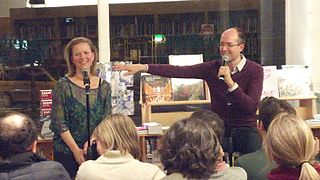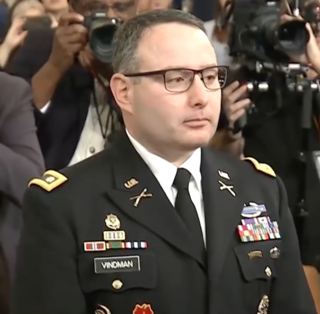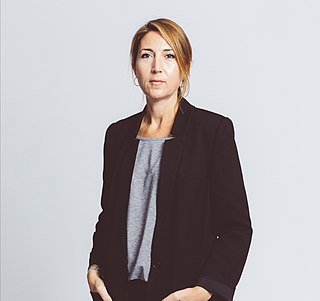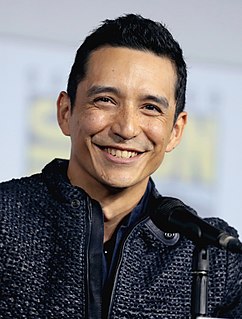A Quote by Amity Gaige
My mother was born in Latvia. She and most of her family fled from the capital city of Riga in 1944 with the final approach of the Soviet army.
Related Quotes
The adolescent does not develop her identity and individuality by moving outside her family. She is not triggered by some magic unconscious dynamic whereby she rejects her family in favour of her peers or of a larger society.... She continues to develop in relation to her parents. Her mother continues to have more influence over her than either her father or her friends.
The moment a child is born, the mother is also born. She never existed before. The woman existed, but the mother, never. A mother is something absolutely new." and so in you the child your mother lives on and through your family continues to live... so at this time look after yourself and your family as you would your mother for through you all she will truly never die.
She writes that one of the moments that she felt most useful was when her mother had a headache, and she would stroke her head and rub her forehead. And I think Eleanor Roosevelt's entire life was dedicated to two things: (one) making it better for all people, people in trouble and in need, like her family.






































